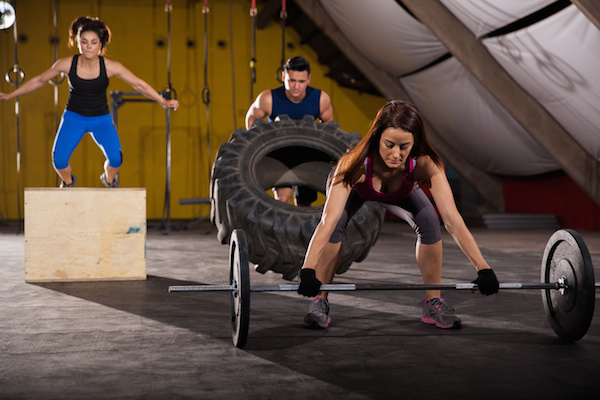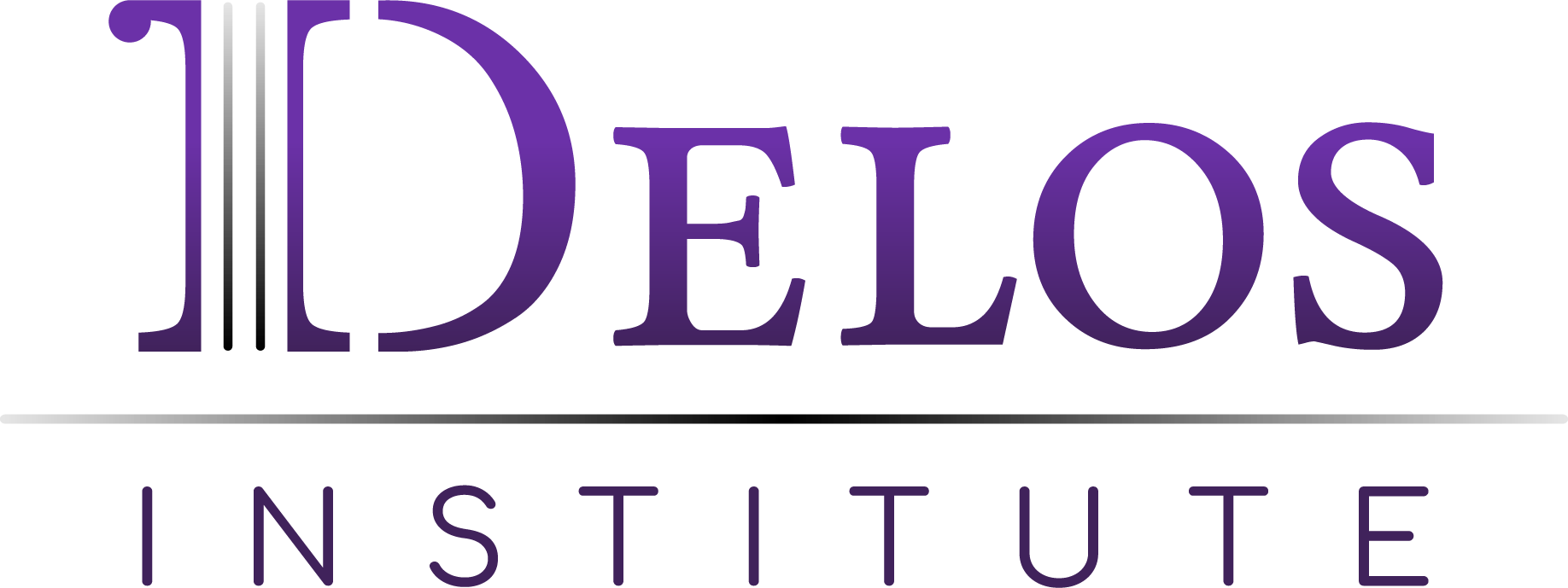
CrossFit athletes push their bodies to the limit. Quick explosive movements inspired by Olympic lifting, power lifting and gymnastics are coached to blast calories through timed, high-intensity workouts aimed at maximizing cardiovascular conditioning and physical strength. Customized programming (WOD or Workout of the Day) is applied to magnify each individual’s confidence and performance in a fun, high-energy atmosphere that fuels the “I can accomplish anything” attitude. As a former personal trainer, I know how tough these athletes are. At Delos, we love our CrossFit clients because of their commitment to pushing their physical boundaries, but we also recognize that our therapy is critical in ensuring that such endeavors can continue and even help with performance.
In a recent study published in the Journal of Strength and Conditioning Research, researchers found that “73.5% of CrossFit participants had sustained an injury that had prevented them from working, training or competing.” While intense sports and physical activities always come with some risks of injury, what we can learn from this data is not only that there is a significant number of athletes who are suffering when they would prefer to continue their CrossFit workouts, but also that there is room for improvement in terms of injury prevention by achieving optimal muscular health. At Delos, we are able to effectively address both concerns with our therapy.
Many CrossFit participants understand the risks involved, but believe that the benefits of muscular, neural and cardiovascular conditioning are far greater, not to mention the gratification of reaching milestones and belonging to a community of like-minded individuals. The passion for the sport sometimes leads individuals to “push through” the pain or to take some time off and recover, neither of which enables them continue enjoying the process. What we often see is that our CrossFit clients either reach a point where the pain is unbearable or resume their WODs after some rest and end up disappointed to see the symptoms re-emerge.
Eliminating pain caused by CrossFit WODs
Many aches and pains reported by CrossFit athletes are located in the lower back-hip region, followed by the shoulders and knees. Repeated movements and continuous contractions cause individual muscle fibers to reach a hyper-contracted state. At Delos, we’ve found that the most effective way to break apart the hyper-contraction is to stretch the tissue with systematic pressure. In our experience with clients, no amount of foam rolling, strengthening or conventional stretching suffices in removing their symptoms. Once the tissue is loose, it allows for proper function. A key point we emphasize to our CrossFit clients is that repetitive motion and stress on the body will resume the re-tightening process of muscles. Therefore, a small amount of maintenance therapy to keep the fibers loose and functional goes a long way in keeping these athletes healthy as they continue their WODs.
Enhancing CrossFit Performance
Once pain and stiffness is eliminated, Delos Therapy has an impressive impact on an athlete’s performance. If we consider tight muscle fibers as fibers that aren’t able to contract, that means that they are not available for use in any given exercise. If any portion of an athlete’s muscle is not available for use, the limited function restricts an athlete’s strength, power, mobility, and explosiveness. By loosening up these unavailable muscle fibers, Delos therapists essentially allow athletes to utilize a larger portion of each muscle during a WOD. The end result of using more muscle fibers is being stronger and faster – an improvement in performance.
In conclusion, we can say with certainty that Delos Therapy delivers loose muscles, which not only prevents pain, but also enhances athletic performance. In the world of CrossFit, these are key elements of accomplishing personal goals and records.
- Water, IV Hydration And The Implications For Tight Muscles - July 15, 2019
- The Collagen Craze: How Collagen Peptides Differ From The Collagen Causing Your Muscle Pain - June 28, 2019
- Anatomy Trains, Collagen and the Delos Perspective - September 20, 2018


